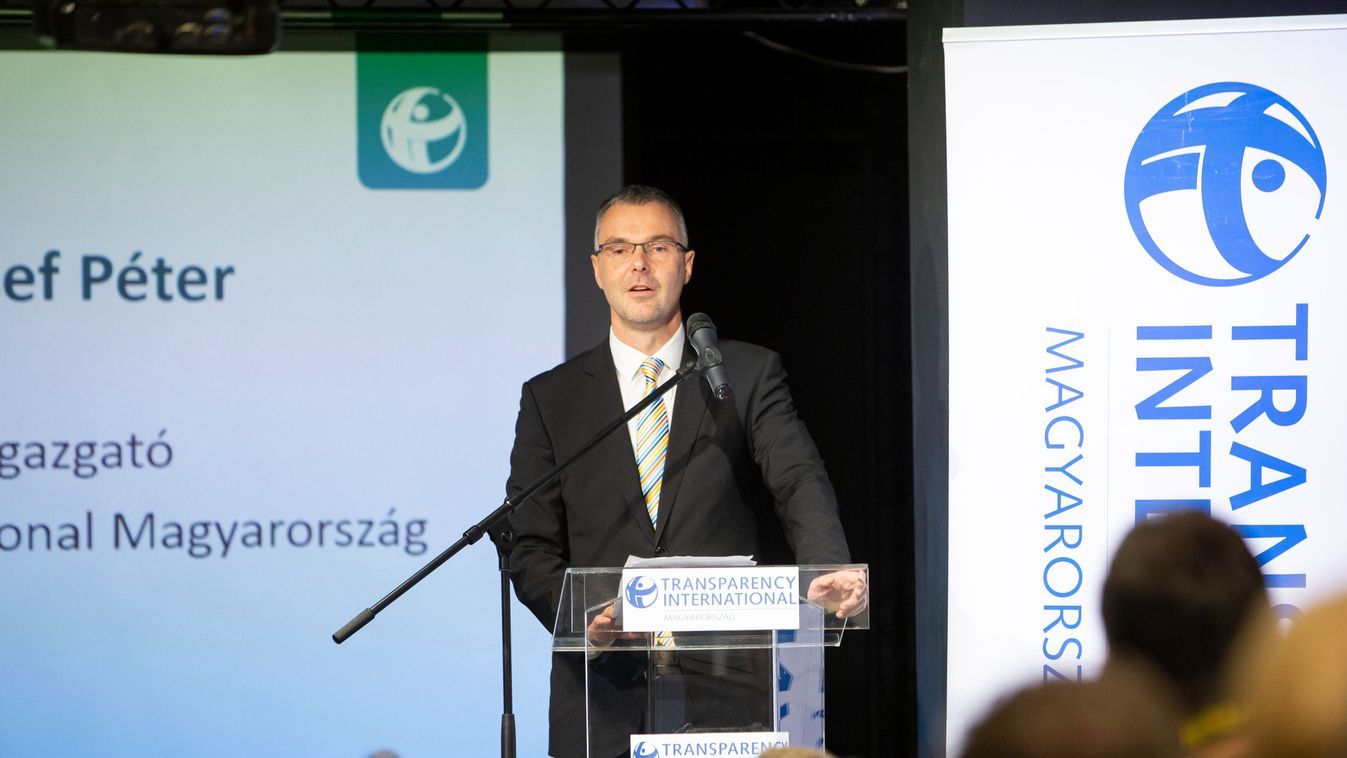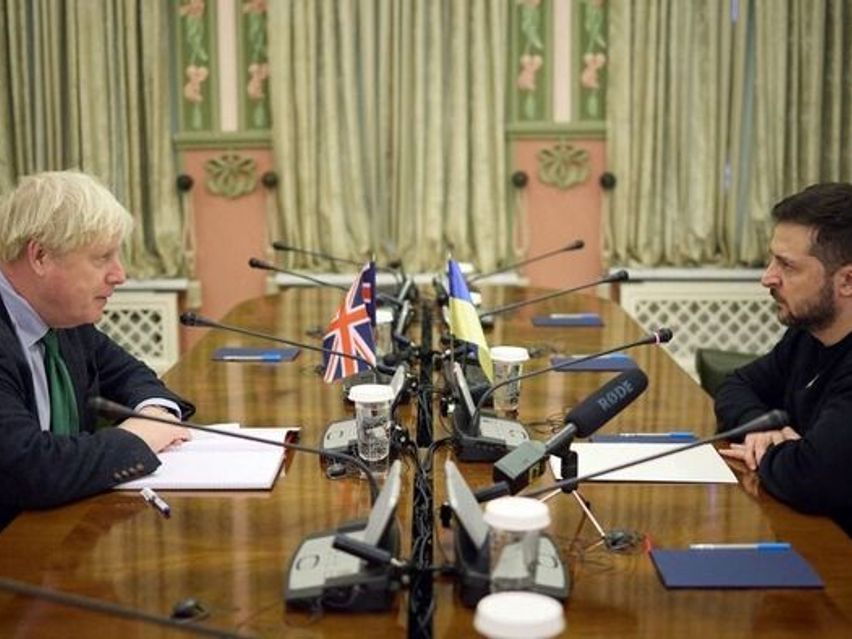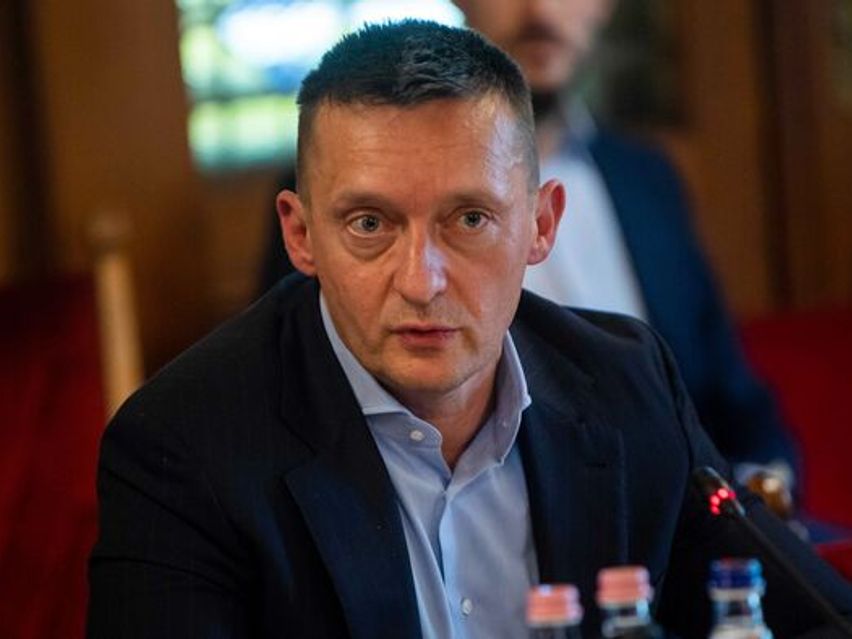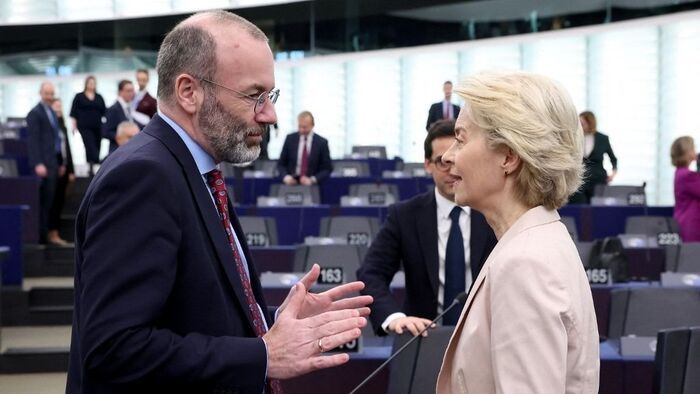In recent months, the Sovereignty Protection Office investigated Transparency International (TI) Hungary, the Hungarian foundation of Transparency International's global network, which tends to portray Hungary as the "most corrupt country in Europe" on the international stage.
Foreign funds, foreign interests
We understand that the report is being finalized and may be published soon. The foundation did not cooperate with the Sovereignty Protection Office in the investigation. TI Hungary executive director Jozsef Peter Martin, a former well-known leftist-liberal economic journalist and editor-in-chief, told Mozgo Vilag in an interview that they refuse to allow access to some of their contracts, for example. TI Hungary refused to cooperate in general, saying that the sovereignty protection law is "unnecessary" (!) and "contrary to EU standards". The legislation, adopted by the parliament last year, was instantly attacked by left-wing organizations.
The transparency of the foundation is all the more important because the foundation's financial report from last year shows that the donations - without the donations of one percent of personal income tax individuals can give - received from domestic supporters (from companies, individuals) account for an insignificant proportion, only 1.7 percent in its annual income of roughly 100 million forints. In other words, the foundation is predominantly funded from abroad, is integrated into a global lobbying network and used to exert political pressure on Hungary, the recent report by the Sovereignty Protection Office shows. Their major donors include, for example, George Soros' Open Society Foundations and the European Commission. (We will look at the intertwining of TI Hungary and Soros's network in tomorrow's article.) The foundation is also directly supported by Western countries.
The differences of opinion between the office and the foundation were already apparent in August, when Tamas Lanczi, president of the Sovereignty Protection Office, and Miklos Ligeti, legal director at TI Hungary, debated at the Tranzit festival in Tihany.























Szóljon hozzá!
Jelenleg csak a hozzászólások egy kis részét látja. Hozzászóláshoz és a további kommentek megtekintéséhez lépjen be, vagy regisztráljon!